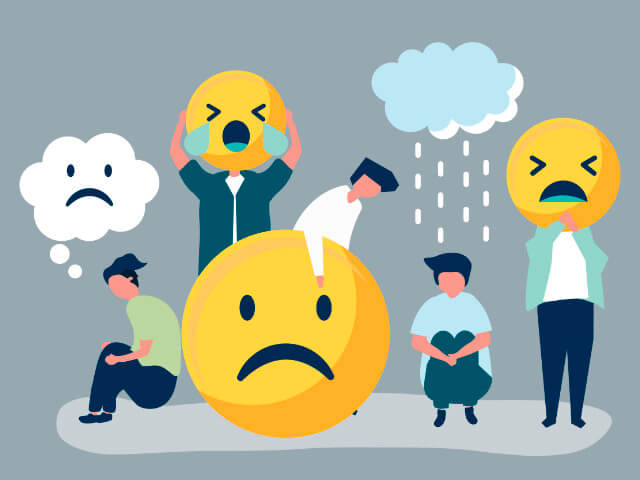I find myself feeling distressed when I think about climate change and see news about extreme weather events. What do you suggest I do?
First, I would like to say that it is normal to feel distress when you see footage of extreme weather events and think about the effects of climate change. Watching such footage can be genuinely terrifying, and reacting to this with distress and worry is a completely appropriate reaction and nothing to feel ashamed about. There are a number of simple things you can do to start off with which I will outline below. However, if you find these feelings of distress are continuing, please do tell a safe adult that you trust about what you are going through, or find help through the resources available through our page on feelings about climate change.
- Turn off the news: Whilst it is important to know what’s going on in the world, accessing a constant stream of distressing images about the climate crisis (what some people call “doomscrolling”) may disproportionately prioritise your attention on these events, compared to other things like study and opportunities for connection at home or school. One good idea is to have regular breaks from news and social media feeds that show these images in order to give your mind a break.
- Talk to your friends: Make time to socialise with friends and talk to others you can trust about your worries, knowing that you are not the only one going through this is very helpful.
- Find adults who are in solidarity with you about addressing the climate crisis: There are many adults also concerned about climate change who would love to talk or get you involved in their work (for example, all those who contribute to the Curious Climate programme). Find ways of connecting with their organisations or get involved in school or citizen science projects so you can learn from others and find a sense of community.
- Know you can get help: If you are so distressed this is making it hard to go to school, study or do other basic things in life, talk to a GP, school counsellor or Kids Helpline as early as possible to see what help is available.











